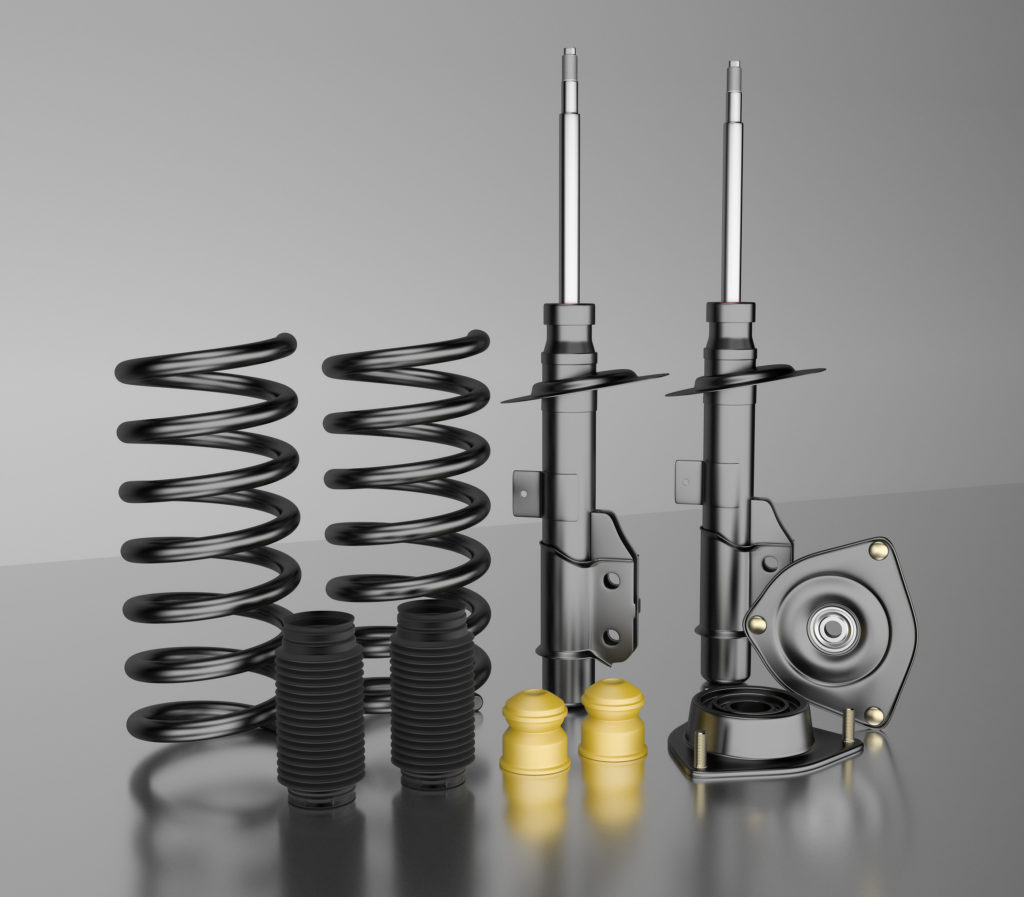 When it comes to car repairs, understanding the difference between OEM and aftermarket parts is essential. OEM parts are produced by the original manufacturer and are specifically designed for certain vehicle models. Using these ensures a perfect fit and maintains your vehicle’s warranty.
When it comes to car repairs, understanding the difference between OEM and aftermarket parts is essential. OEM parts are produced by the original manufacturer and are specifically designed for certain vehicle models. Using these ensures a perfect fit and maintains your vehicle’s warranty.
On the other hand, aftermarket parts are made by third-party manufacturers and can be used across multiple vehicle models. While they often come at a lower cost, their quality can vary significantly. Some may perform just as well as OEM parts, while others might not meet the same standards, potentially leading to more frequent repairs or even safety issues.
There's also a growing concern around grey-market OEM parts, which have become a hot topic in the automotive industry. These are not officially authorized by the manufacturer but are sold as genuine parts. Let’s explore what makes them different and why they’re causing so much debate.
What Are Grey-Market Parts?
Grey-market OEM parts are typically replicas of genuine components, often manufactured overseas by contract facilities. These parts may be surplus from an order meant for another market or region. While some are authentic, others are not. They can be found on online marketplaces like Alibaba, Amazon, or eBay, or even delivered directly to independent auto shops.
The issue arises when these parts are sold as genuine OEM products without proper disclosure. In some cases, dealerships may purchase these parts at a discount and resell them, misleading customers into thinking they're getting original equipment.
Why Are Grey-Market Parts Getting So Much Attention?
Recent reports from Auto Week highlighted concerns about the authenticity and reliability of grey-market parts. One example involved a Florida distributor who purchased nearly $200,000 worth of Nissan parts from an Oman-based supplier. However, Nissan only accepts parts from its North American supply chain, and many of the parts were found to be non-genuine.
Although most of the shipment turned out to be real, the discovery raised questions about how such parts could end up in the US market. Nissan emphasized that using non-approved parts could void warranties and compromise safety, especially during recalls. Meanwhile, the distributor argued that this policy forced them to pay higher prices, affecting their business negatively.
What Makes Grey-Market Parts Risky?
Even if a part looks like an OEM product, there are several reasons to be cautious. Here are some key concerns:
Intellectual Property Issues
The rise of counterfeit auto parts has led to increased scrutiny. Many grey-market parts are branded as genuine but are actually made in unapproved facilities. This not only deceives customers but also opens the door to legal problems for both the manufacturer and the dealership.
Safety Risks
One of the biggest dangers is that grey-market parts may not function as intended. For instance, parts designed for European or Middle Eastern vehicles may not meet US safety or regulatory standards. This can lead to serious consequences, including electrical failures, reduced crash protection, or even accidents.
Parts like airbags, brake pads, and bumpers are particularly risky. A 2010 Consumer Reports test showed that grey-market bumpers and radiators could prevent airbags from deploying properly during a crash.
Impact on the Market
The counterfeit auto parts industry is booming, with estimates suggesting it could reach $2.3 trillion by 2022. This not only affects consumer trust but also harms legitimate OEM businesses. In Europe alone, counterfeit parts cost OEM tire sales over $2.4 billion and battery sales $198 million annually.
Online marketplaces often lack strict oversight, making it hard for consumers to tell the difference between real and fake parts. While some platforms, like Alibaba, have taken steps to block listings of critical parts like airbags, the problem remains widespread.
At DaSilva’s Auto Body, we prioritize using genuine OEM parts to ensure the highest level of quality and safety for our customers. If you want to know more about our services or need expert repair work, feel free to contact us today at our Naugatuck location.
The demand for high-performance films is driving innovation in China's functional cast film machine industry. These machines, also known as functional cast film lines or extrusion cast film machines, go beyond producing simple films. They create specialized plastic films with tailored properties like enhanced barrier protection for food packaging, improved mechanical strength for construction materials, or even specific surface treatments.
This category connects you with China's leading functional cast film machine suppliers and manufacturers. Explore a wide range of machines designed to meet your specific production needs, unlocking a world of possibilities for diverse industries like packaging, agriculture, construction, and healthcare. Discover how functional cast film machines can revolutionize your film production with innovative functionalities and propel your business to the next level.
Functional Cast Film Machine,Functional Cast Film Line,Extrusion Cast Film Machine,Cast Film Extrusion Machine
Baijia Mechanical Equipment (Huizhou) Co., Ltd. , https://www.castfilmmachine.com
